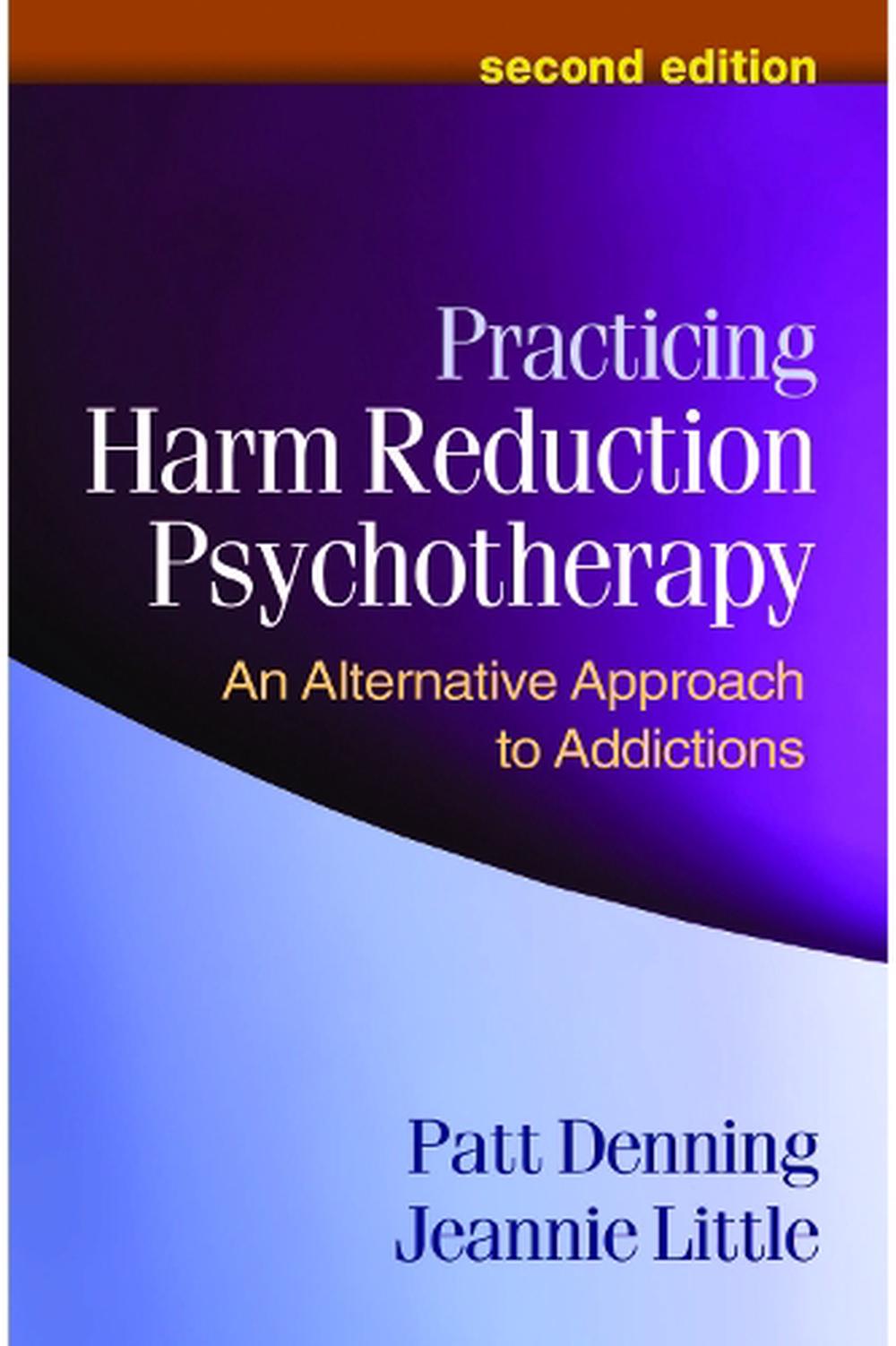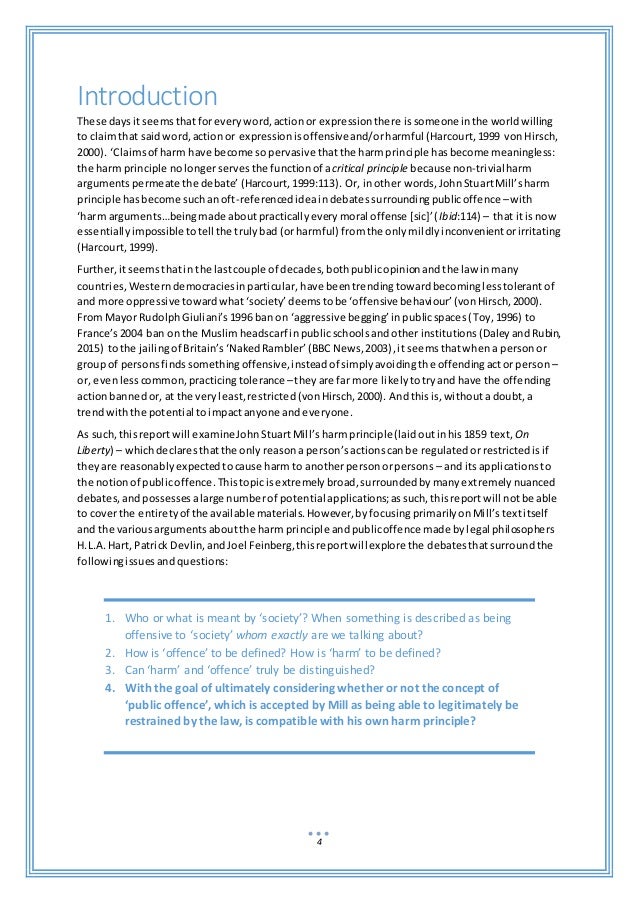

Even though it's not obvious at all from this surface of this passage. It's, but you want to take a guess at it? > Are you going again to Prince's Ball? > So that's a very good observation. Now, why would I, in, in trying to get you to talk about the question of whether this is inherently a conservative principle, why would I put that particular passage up on the board? What do you think I'm trying to get at? >.
#Harm principle free#
But, if he refrains from molesting others in what concerns them and merely acts according to his own inclination and judgment in things which concern himself, the same reasons which show that opinion should be free prove also that he should be allowed, without molestation, to carry his opinions into practice. The liberty of the individual must be thus far limited he must not make himself a nuisance to other people. May be, and in important cases absolutely must be, controlled by the unfavorable sentiments, and, when needed, the active interference of mankind. But may incur just punishment when delivered orally to an excited mob assembled before the house of a corn dealer, or when handed about among the same mob in the form of a placard, acts of whatever kind which without justifiable cause, do harm to others. Mill says, an opinion that corn-dealers are starvers of the poor, or that private property is robbery, ought to be unmolested when simply circulated through the press. I want you to think about this passage and see if you can see what I might have had in mind. I want now to turn to the second question that I had you think about and that was the question is the harm principle inherently conservative? And I want to just put this passage up on the slide.

To this end, we discuss a variety of concrete problems, including debates about economic inequality, affirmative action and the distribution of health care, the limits of state power in the regulation of speech and religion, and difficulties raised by the emerging threat of global environmental decay. In addition to exploring theoretical differences among the various authors discussed, considerable attention is devoted to the practical implications of their competing arguments.

The last part of the course deals with the nature of, and justifications for, democratic politics, and their relations to Enlightenment and Anti-Enlightenment political thinking. Next, we turn to the rejection of Enlightenment political thinking, again exploring both classical and contemporary formulations. In each case, we begin with a look at classical formulations, locating them in historical context, but then shift to the contemporary debates as they relate to politics today. We start with a survey of the major political theories of the Enlightenment: Utilitarianism, Marxism, and the social contract tradition. This course explores the main answers that have been given to this question in the modern West. When do governments deserve our allegiance, and when should they be denied it?


 0 kommentar(er)
0 kommentar(er)
